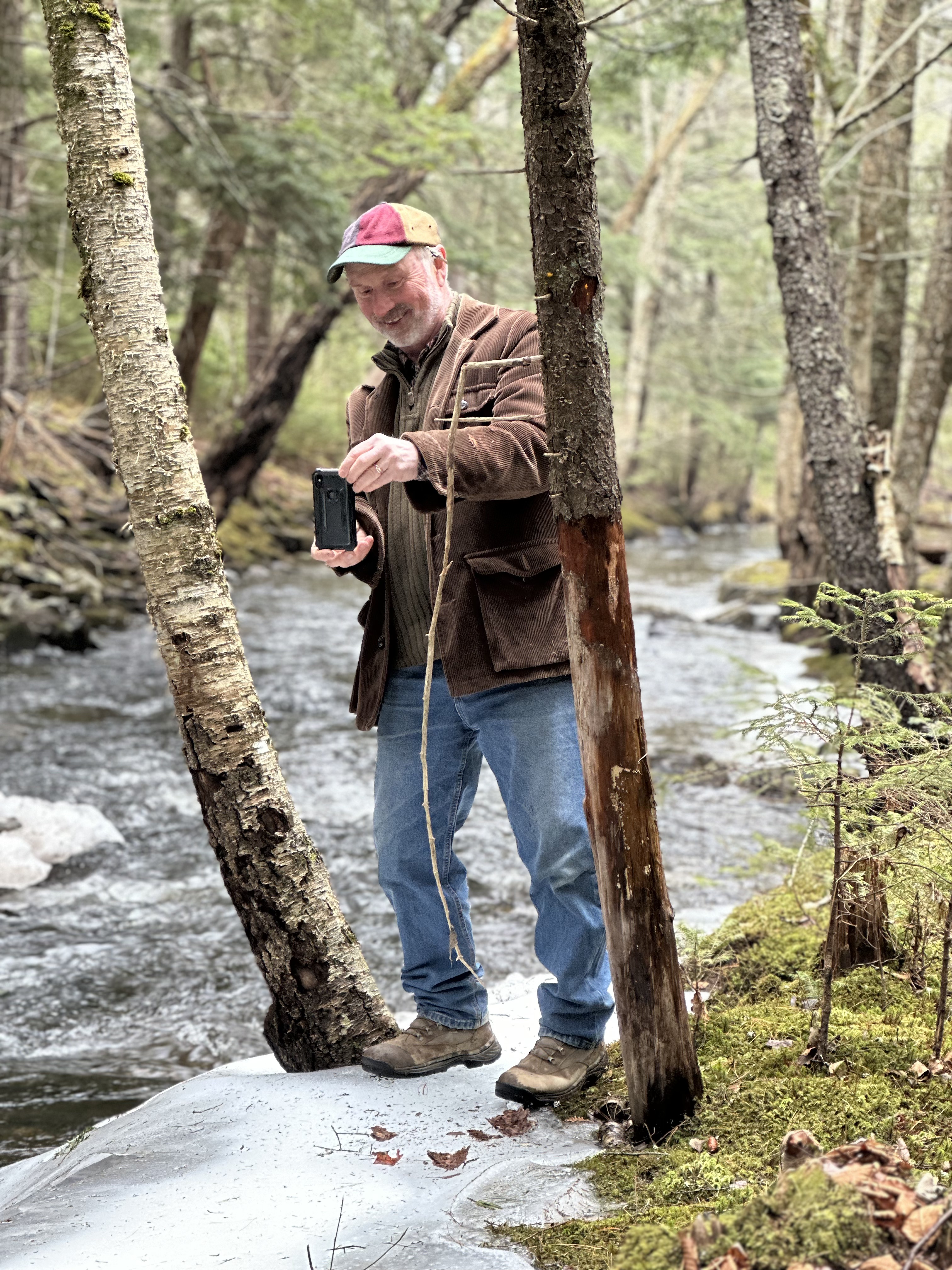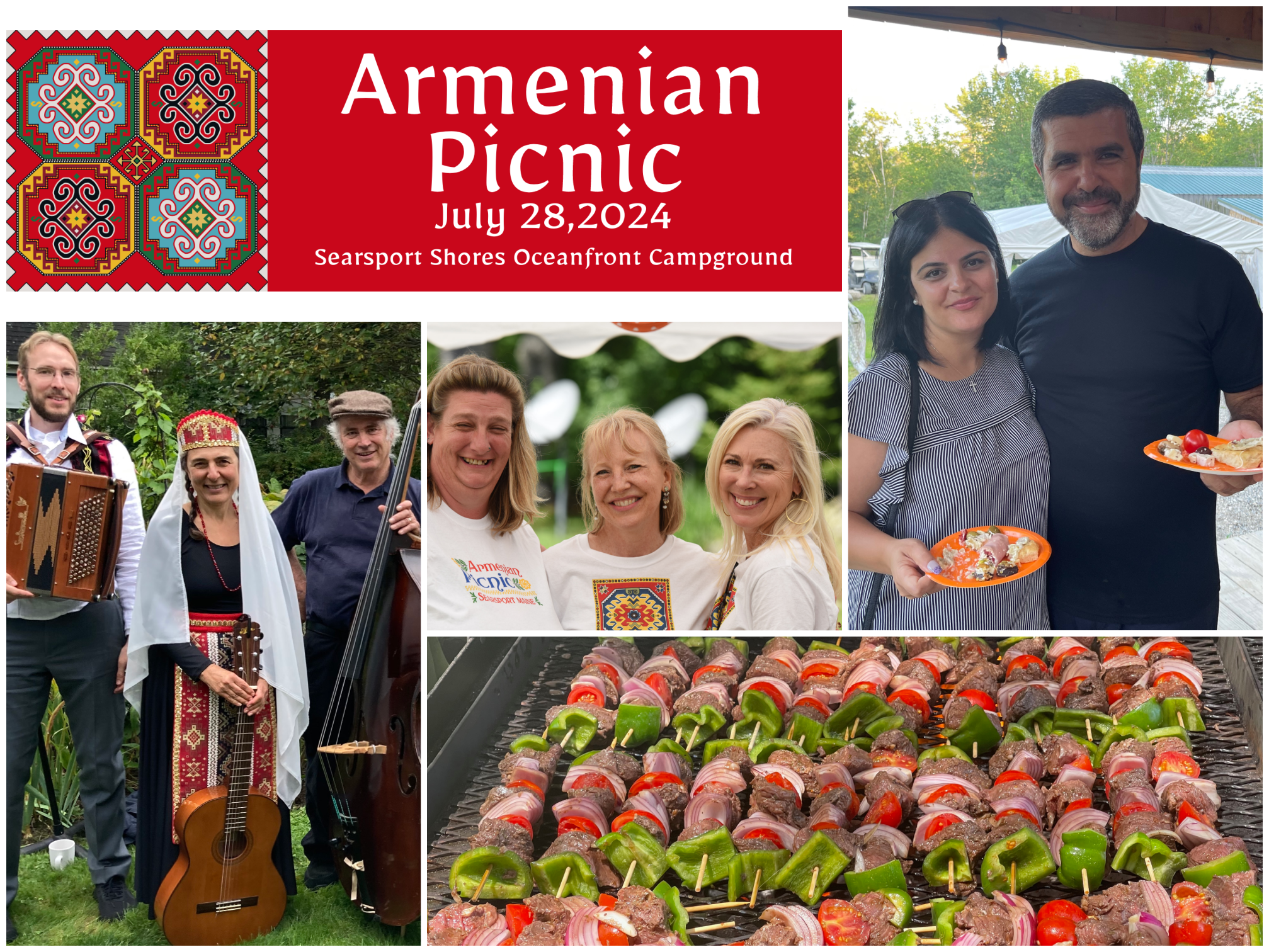 We’ve been enjoying the ever increasing turkey population…in the winter they hang out on the campground playground and drive the dog insane…but they’re big and beautiful and we love to see them. Apparently the population is exploding further south of us and causing problems that border on comical for those of us who aren’t suffering the consequences…this article was printed in this morning’s Harpswell Anchor:
We’ve been enjoying the ever increasing turkey population…in the winter they hang out on the campground playground and drive the dog insane…but they’re big and beautiful and we love to see them. Apparently the population is exploding further south of us and causing problems that border on comical for those of us who aren’t suffering the consequences…this article was printed in this morning’s Harpswell Anchor:
Turkey Round Up Planned To Stem Exploding Population
Written by Daniel Shaletoman | 01 April 2010
Acting on suggestions from a new study by the Maine Department of Inland Fisheries and Game, officials in the town of Harpswell have scheduled a wild turkey “round up” to reduce the population of the fowls.
Harpswell Animal Control Officer Lee Shlaw says that complaints concerning turkeys has increased sharply in the last few years.
“It used to be folks mostly complained about the mess they made. Let’s face it, they aren’t the most fastidious of bird,” Shlaw says. “But lately they’re getting aggressive.”
In fact, turkey attacks are on the rise in coastal Maine says Maine State biologist Stu D. Critters.
“It typically starts when well-meaning homeowners begin feeding them,” says Critters. “You buy a bag of corn, and next thing you know, they’re ringing the doorbell if you’re late with the feed.”
In Harpswell, residents have reported the formation of turkey gangs-large flocks that loiter at the edges of woodlands, harassing homeowners when they come out to work in their yards. There have even been reports of “turf wars” between rival gangs of turkeys.High Head resident Helen Earth says that two gangs of turkeys rumbled in her back yard.
“One group had blue wattles and the other had red wattles,” says Earth. “It was terrible. Feathers and blood flying everywhere.”
Members of the “reds” won that day, and since then the red-wattled fowls have taken over permanent residence in his back yard.
“They just hang around waiting to get fed, with old cigarette butts in the beaks, and listening to loudmusic,” says Earth.
Critters says that at first the turkeys primarily use vocal taunts to force people into providing them with food. But the harassment has escalated into vandalism and in at least one case physical violence.
“It’s a protection racket,” Critters says. “If people refuse to give them food, the next day their cars or lawn furniture are covered in guano. One woman was taken to a local hospital with bleeding ankles after receiving a severe pecking.”
The solution, says Shlaw, is a town-wide “round up” during the late-summer molt. The plan, as laid out in a recent selectboard meeting, involves driving the temporarily flightless birds into pens and corrals to be built on the Neck and the Islands. The selectmen are calling for the participation of volunteers to form “turkey squads”, who will be given protective gear including a face mask and shin guards.
The turkey squads will form human chains from one side of the land masses to the other. Then they will beat the bushes from south to north, flushing the birds toward the awaiting pens.
Selectman Ivan Bontepic says that the last part of the plan was most difficult. “What were we going to do with them once we had them rounded up?”
Bontepic says that their first ideas were quickly rejected. “Our first thought was ‘thanksgiving dinners’. But we knew PETA would raise such a fuss, we decided against it. Then we thought we could truck them out of town, but we ran into a couple problems with that plan.”
It turns out that none of the towns nearby want them-they have their own turkey problems. And PETA raised new objections.
“Think of it from the turkey’s point of view,” says PETA spokeperson, Donetta Bird. “Herded into trucks with no consideration of family or other social units, bounced and blown about as the truck speeds along, then dumped into a strange new environment. How confusing and frightening it would be.”
Members of PETA now say they will be on hand during the round up to assure that the turkeys are treated humanely.
The town plan, approved by Maine Department of Inland Fisheries and Game, calls for a old-fashioned trail drive. In essence the turkeys will be marched out of town by volunteer turkey-herders on horseback. Following Rte. 123 and 24 the turkeys will be consolidated in a unused gravel pit in Topsham, then, escorted by state troopers, the turkeys will be herded north on Interstate 95.
“We’ve planned rest and feed stops along the way,” says selectman Bonetepic. “It may take many days even a couple weeks, but eventually we’ll get them all to the unorganized territories around Baxter State Park and Mt. Katahdin. They won’t bother anybody there.”
Critters says that the state will study the transplanted turkeys to make sure they adapt to their new environment.
“After years of life on easy street, they’re going to have to learn how to survive all over again,” he says.






Leave a Reply